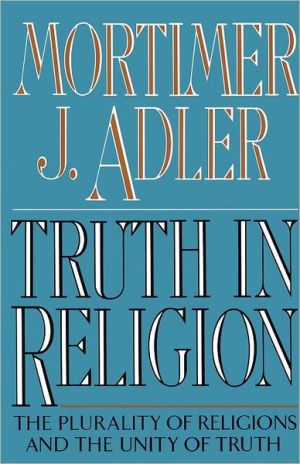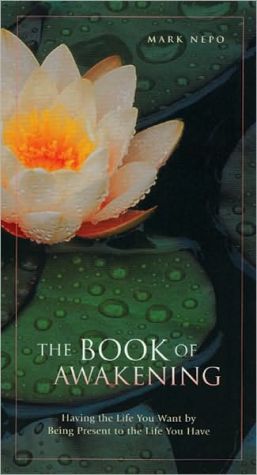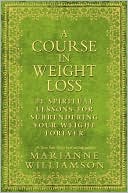Truth In Religion
Only if, with regard to the diversity of religions, there are questions about truth and falsehood do we have a problem about the pluralism of religions and the unity of truth. \ That problem is not concerned with preserving religious liberty, freedom of worship, and the toleration, in a particular society or in the world, of a diversity of religious institutions, communities, practices, and beliefs. It is concerned only with the question of where, in that diversity, the truth lies if there is...
Search in google:
Only if, with regard to the diversity of religions, there are questions about truth and falsehood do we have a problem about the pluralism of religions and the unity of truth. That problem is not concerned with preserving religious liberty, freedom of worship, and the toleration, in a particular society or in the world, of a diversity of religious institutions, communities, practices, and beliefs. It is concerned only with the question of where, in that diversity, the truth lies if there is any truth in religion at all. Publishers Weekly In this parochial, dogmatic essay, philosopher Adler ( Six Great Ideas ) argues that pluralism, while desirable in matters of taste, has no place in the realm of truth. Arguing that religious beliefs, even if beyond proof, ought to obey the logic of truth, he suggests that the major religions of the Far East foster cultural schizophrenia by compartmentalizing scientific facts and religious views. After determining that Eastern cosmological religions cannot be considered ``logical and factual,'' Adler weighs the three monotheisms--Christianity, Judaism, Islam--and indecisively posits, ``We can only say that one of these religions is truer than the other two.'' His skewerings of Joseph Campbell, of Protestant thinker Harvey Cox, and of Roman Catholic theologian Hans Kung add to the controversial nature of this devisive tract. (Oct.)
\ Publishers Weekly - Publisher's Weekly\ In this parochial, dogmatic essay, philosopher Adler ( Six Great Ideas ) argues that pluralism, while desirable in matters of taste, has no place in the realm of truth. Arguing that religious beliefs, even if beyond proof, ought to obey the logic of truth, he suggests that the major religions of the Far East foster cultural schizophrenia by compartmentalizing scientific facts and religious views. After determining that Eastern cosmological religions cannot be considered ``logical and factual,'' Adler weighs the three monotheisms--Christianity, Judaism, Islam--and indecisively posits, ``We can only say that one of these religions is truer than the other two.'' His skewerings of Joseph Campbell, of Protestant thinker Harvey Cox, and of Roman Catholic theologian Hans Kung add to the controversial nature of this devisive tract. (Oct.)\ \ \ \ \ Library JournalDistinguishing between matters of truth and taste, Adler examines the problem of truth in religion. He takes as his criterion the principle of noncontradiction. Those systems that accept a unitary logical coherence have the possibility of truth, while those that allow the existence of contradictory states of being at the same time are matters of taste, while the various Western monotheisms share the possibility of logical truth. Adler's arguments are provocative, but his understanding of Eastern thought is shallow, and he glosses over many problems in Western thought. In the final analysis, Adler begs more questions than he answers.-- T.L. Cooksey, Armstrong State Coll., Savannah, Ga.\ \








